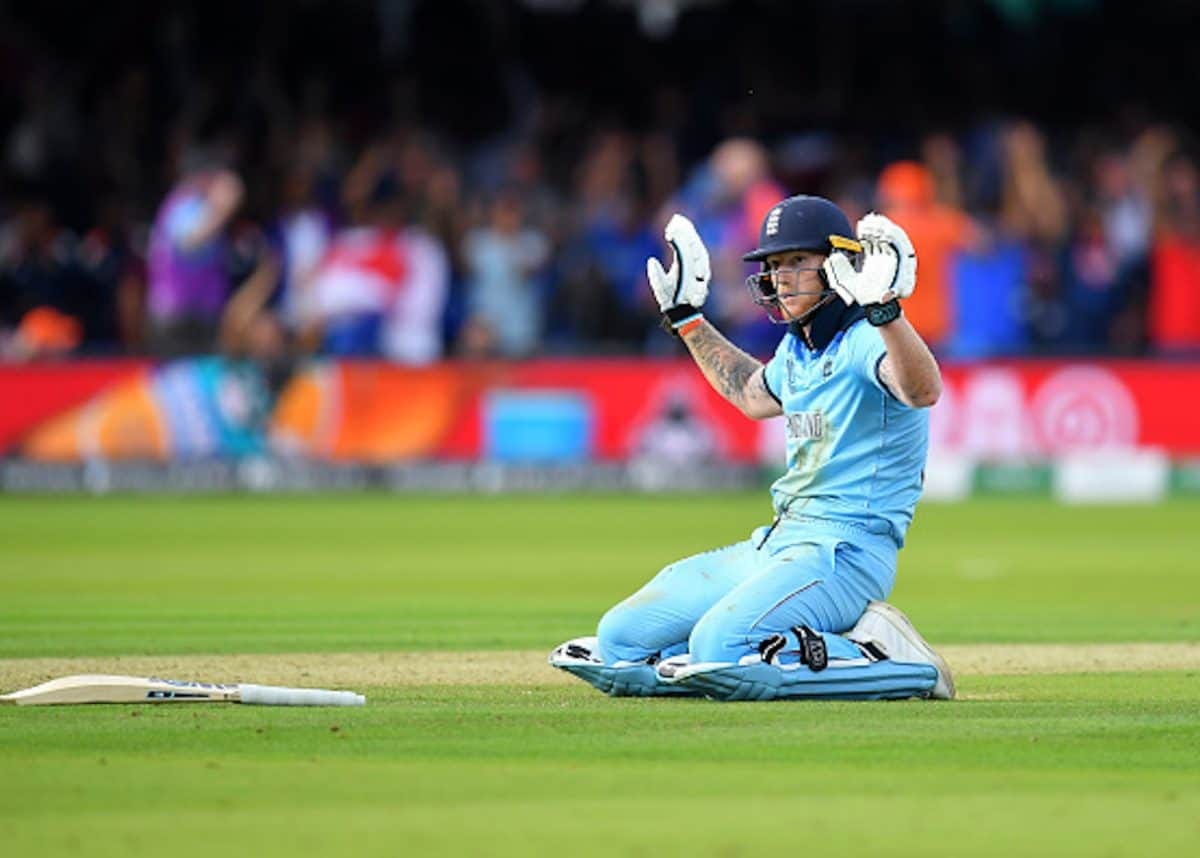World Cup finals and nice guys
Don't begrudge England a deserved title.

To little surprise, a finale like that evoked the entire spectrum of hyperventilating emotions - of shock, anger, admiration, and the kind which equates England’s triumph, if you can call it that, to Donald Trump winning the United States Presidential Elections in 2016.
Thirty minutes of breathless, tense cricket converted an otherwise sluggish World Cup final to the Greatest ODI of All Time, and all of us had something to say about it. Tragedy and misfortune make for compelling stories and this match left us all in disbelief.
For good reason too. The world agrees on very little these days, but everyone who remotely knows about cricket earnestly concluded that a match of this magnitude should not be decided by the double-indented vagaries of ICC’s rulebook.
Kane is a writer and thinker’s dream - perpetually smiling yet fiercely competitive, rarely tries to bully bowlers yet ends up with the last laugh. He is the nice guy who finishes first and then recedes into the change room to celebrate in solitude. The current New Zealand team reflects the same grace.
It is almost as if you cannot turn your back on their charm, and I fear that has influenced our judgment of the final and its result. So before we forget, it is important to address that England are as deserving to be World Cup champions as New Zealand. If the result, as it stood, was unfair to New Zealand, it would’ve been unfair to England had the World Cup been gifted to the Black Caps on another such brainless clause.
The rules were agreed upon by all captains before the tournament began, and hence, the clause which awards a match on the virtue of more boundaries hit is about as valid as the one which says a batsman is considered out if he gets his stumps knocked over by the bowler. The rationale can, should, be questioned, not the validity.
Admittedly, it didn’t help that England’s final push for victory - during the regulation fifty overs - was aided by a bizarre deflected boundary that took the match out of New Zealand’s pockets and threw it back into the open. Our hopes took another flight when Jimmy Neesham hit the second ball of the Super Over into the stands. Four deliveries later, we were grounded for good.
Ever since Martin Guptill booked India’s tickets out of England, the world has come together to sing paeans to Williamson’s men. Party-poopers until the semi-finals, the tables turned on the day of the finals, much like the last World Cup when they knocked out universal sentimental favorites South Africa in the semis. Within four days, some of us went from pinning our hopes on Virat Kohli’s heart-on-sleeve-and-profanity-on-mouth aggression to advocating Kane Williamson’s silent brilliance.
And on that journey, we forgot to acknowledge that England, with or without our moral approval, are worthy finalists and pound-for-pound a far stronger unit.
Eoin Morgan and Trevor Bayliss have carved out a battering ram of a team, who have the kind of variety, power, and depth of resources that would be the envy of most. They play a brand of cricket you would pay to watch - their batsmen hit hard and their fast bowlers are really, really fast. Eoin Morgan is as fierce and astute a leader as anyone else, and even if he isn’t in the same league as a Kohli or Williamson as a batsman, he earns his place in that star-studded batting lineup.
Like most of the New Zealand team, a sizeable chunk of this English side stays away from sledging and gamesmanship. One of them even finds the time to educate an opposition bowler about the problems of homophobia. Wood, Woakes, and Archer, much like Boult, Henry, and Ferguson, bowl fast and hard, and then go back to the top of their run-ups without bothering to “mentally disintegrate” a batsman. Ben Stokes has traversed a journey from a volatile youngster who punched through glasses to one who grinds his team out of muck on the world’s biggest stage.
If you’re looking for character, grit, and dignity, you’ll find it on both sides.

